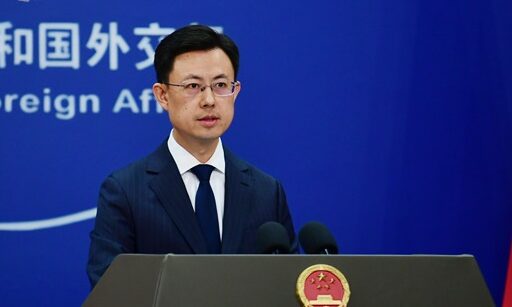China has once again called on the G7 to recognize the prevailing global trends, move beyond Cold War-era thinking and ideological prejudices, cease interfering in China’s domestic matters, and stop provoking confrontation. Instead, it urged the group to act in the broader interest of the international community, according to a Chinese foreign ministry spokesperson on Wednesday.
On June 17, Canadian Prime Minister Mark Carney, in his summary as chair of the G7 Summit, emphasized the importance of stable and constructive ties with China. However, the statement also urged China to avoid creating market imbalances and overcapacity and voiced serious concerns over its actions in the East and South China Seas, along with emphasizing peace in the Taiwan Strait.
Responding to a related question at a daily press conference, Chinese foreign ministry spokesperson Guo Jiakun accused the G7 of once again politicizing China-related issues. He criticized the group’s statements on Taiwan and the regional seas, as well as its allegations of overcapacity and market distortions.
Guo stated that these remarks constitute blatant interference in China’s internal affairs and breach fundamental principles of international relations. He said China strongly opposes such behavior and has issued formal protests to the relevant parties.
According to Guo, the primary threat to peace and stability in the Taiwan Strait comes from separatist activities advocating “Taiwan independence” and external interference. He added that if the G7 is genuinely concerned about cross-strait peace, it should respect the one-China principle and support China’s efforts for reunification.
He further asserted that both the East China Sea and South China Sea are currently stable, and the G7 should acknowledge and respect the efforts of regional countries to resolve maritime disputes through dialogue and cooperation rather than escalating tensions by exploiting the issue.
Guo also rejected the G7’s claims of “market distortions” and “overcapacity” as baseless, saying these are used as pretexts for protectionism and to hinder China’s industrial development. He accused the G7 of politicizing and weaponizing trade and economic matters under the guise of fair competition.
Related Posts

















